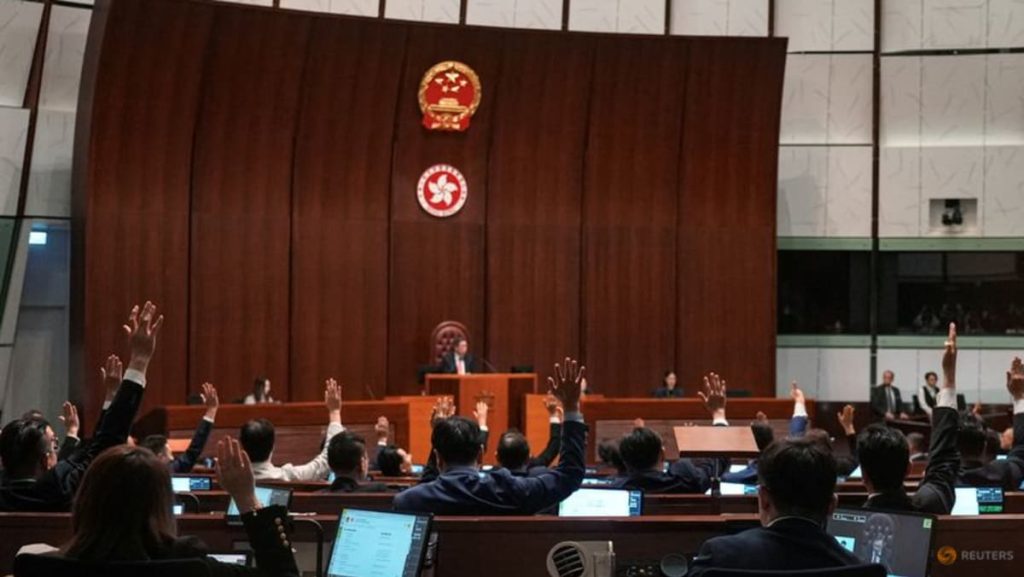The National Security Law in Hong Kong was passed quickly and unanimously by pro-Beijing lawmakers in response to what authorities deemed as national security loopholes. The law came into effect shortly after being passed, signaling a swift and decisive move by the government to address concerns regarding national security in the region. The speed at which the law was enacted caused concern among many who feared that it could be used to suppress dissent and infringe on human rights in Hong Kong.
The National Security Law gives the authorities broad powers to crack down on activities deemed threatening to national security, including secession, subversion, terrorism, and collusion with foreign forces. The law empowers the Hong Kong government to establish a new national security agency with jurisdiction over cases that fall under the purview of the law. Critics of the law argue that it undermines the autonomy and freedoms guaranteed to Hong Kong under the “one country, two systems” framework, which was established when the region was returned to China from British rule in 1997.
The passing of the National Security Law has sparked international condemnation and concern from governments and human rights organizations around the world. Many fear that the law will be used to target political dissidents, activists, and journalists who speak out against the Chinese government or advocate for greater democracy in Hong Kong. The U.S. government announced that it would impose sanctions on Chinese officials responsible for implementing the law, while the U.K. offered a pathway to citizenship for millions of Hong Kong residents in response to the law.
Despite the backlash and criticism, Chinese officials defend the National Security Law as necessary to maintain stability and security in Hong Kong. They argue that the law is needed to prevent secessionist movements, foreign interference, and acts of terrorism that threaten the sovereignty and security of the region. Chinese authorities have repeatedly emphasized that the law is in line with the Chinese constitution and international law, and that it will not affect the rights and freedoms of law-abiding citizens in Hong Kong.
The implementation of the National Security Law has already had far-reaching ramifications in Hong Kong, leading to arrests and prosecutions of individuals accused of violating the law. Pro-democracy activists have been targeted, with some facing charges related to their participation in protests and advocacy for democracy in Hong Kong. The law has raised concerns about the future of political dissent and free speech in the region, as individuals are now subject to stringent penalties for engaging in activities deemed threatening to national security.
As tensions continue to escalate in Hong Kong following the enactment of the National Security Law, the international community remains divided on how to respond to the situation. Many countries are hesitant to take strong measures against China for fear of economic repercussions, while others are calling for a united front to pressure China to respect human rights and uphold its international commitments. The future of Hong Kong’s autonomy, freedoms, and democracy hangs in the balance as the implications of the National Security Law continue to unfold.


